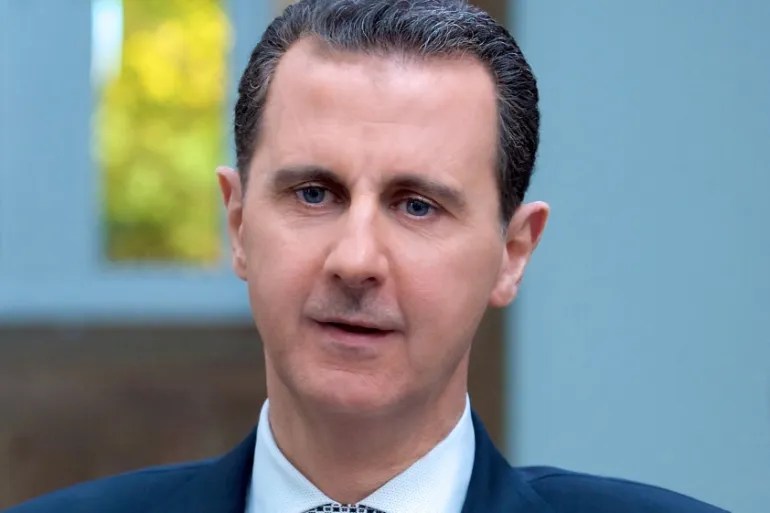World
Deposed Syrian President al-Assad flees to Russia amid rebel takeover

Syrian President Bashar al-Assad has fled to Moscow following a dramatic invasion of Damascus by rebel forces. According to the BBC, the embattled leader and his family have been granted asylum by Russia, marking a turning point in Syria’s prolonged conflict.
In recent days, a coalition of rebel groups, led by the Islamist faction Hayat Tahrir al-Sham (HTS), launched a bold offensive from their stronghold in Idlib.
The campaign, which began a week ago, saw rebels capture key cities, including Aleppo, Hama, and Homs, as government forces retreated, surrendering their positions and weapons.
HTS leader Abu Mohammed al-Julani announced that state institutions would remain under the temporary supervision of Prime Minister Mohammad al-Jalali until a formal transfer of power could take place.
Reports suggest that Assad and his family were evacuated to Moscow via a Russian plane, possibly from the Hmeimim air base in Latakia, a loyalist stronghold. Moscow, a key ally of Assad, has played a significant role in his regime’s survival since deploying troops to Syria in 2015.
In return, Syria granted Russia long-term leases on strategic military bases in Hmeimim and Tartus, solidifying Russia’s foothold in the Eastern Mediterranean.
“It was Vladimir Putin’s first major challenge to the power and dominance of the West, away from the former Soviet space. And a successful one, too, so it seemed,” he said.
Mr al-Assad’s exit is thus a big blow to its backers including Russia, Iran and Iran-backed Lebanese militia, Hezbollah.
Given Russia’s ongoing war in Ukraine and Iran’s internal struggles and conflict with Israel, Mr al-Assad was left to rule his country as the rebels waged war to end his regime.
Although Iran’s embassy in Syria was reportedly besieged and vandalised by the rebels, Russian officials are said to be in contact with representatives of the Syrian rebels. Moscow wants assurance from the rebels that its bases in Latakia and Tartus, as well as Russian diplomatic missions in Syria, will be secured.
The fall of the deposed president has been celebrated by some leaders in the West and Middle East.
US President Joe Biden expressed relief that Mr al-Assad’s rule has come to an end.
“The fall of the regime is a fundamental act of justice,” Mr Biden said. “It’s a moment of historic opportunity for the long-suffering people of Syria to build a better future for their proud country.”
US President-elect Donald Trump shared similar thoughts but warned that the US should not get involved in the crisis.
Al-Julani eyeing the power seat
A few hours after his foot soldiers took over Damascus, Mr al-Julani arrived in the city and observed a sujud (prostration) in an open field, as seen in a video shared by a jihadi expert, Aaron Zelin.
Mr Al-Julani later addressed a crowd in a Syrian mosque in a fashion that presented him as a new leader of the country. Al Jazeera’s Zein Basravi wrote that there were two things “very significant” in the speech delivered by the HTS leader.
Mr al-Julani’s speech spread hope for Syrians as he said “a Syria for all Syrians should be something people focus on.”
Denouncing Iran and its role in Syria, the HTS leader said the country would no longer be influenced by Iran. In his recent interview with CNN, Mr al-Julani also berated Russia, saying it tried to “prop up” Mr al-Assad’s regime, which he described as already “dead.”
Mr Zelin, the jihadi expert, in an X post, shared the rebels’ statement warning that incursion into private and public property in Damascus by anyone would not be tolerated.
However, analysts are concerned about what comes next after the toppling of Mr al-Assad’s government.
























